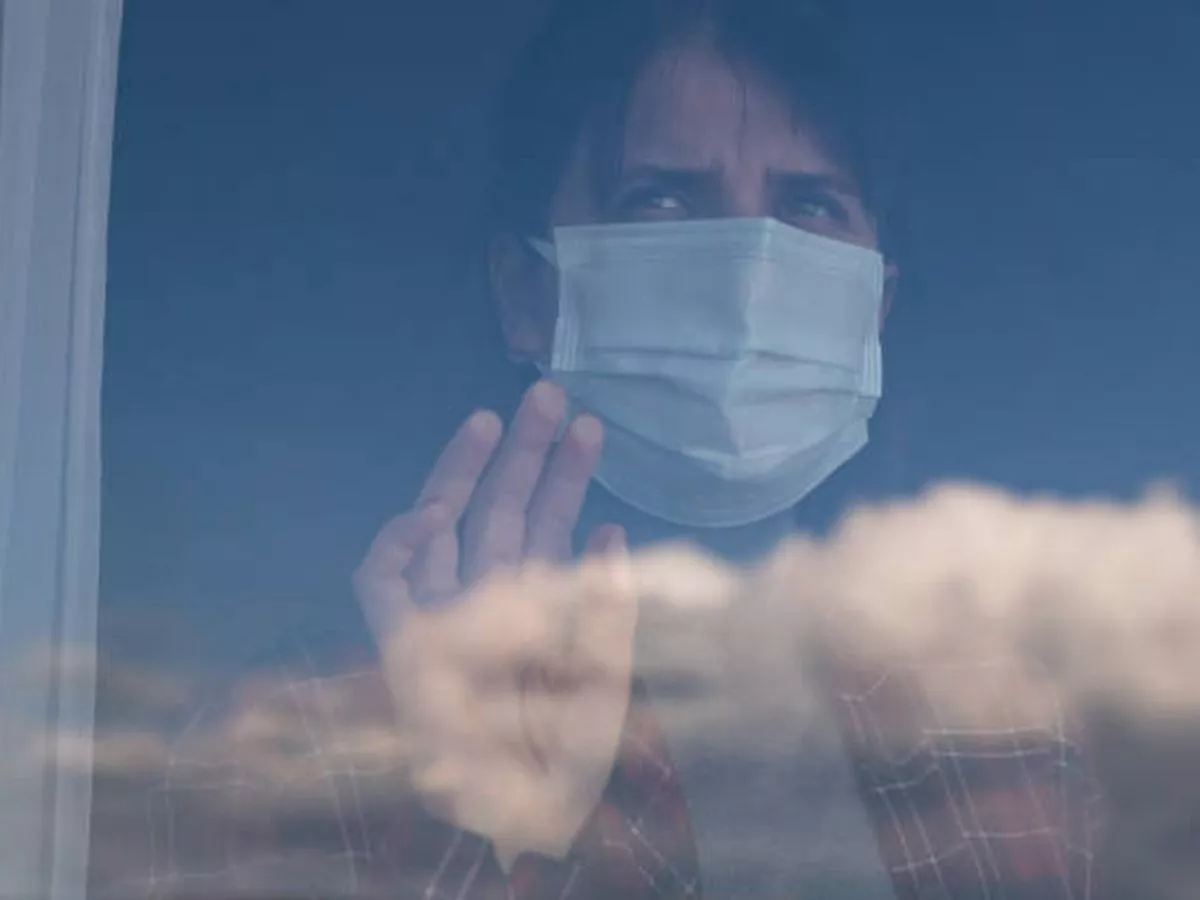By Katie-Ann Gupwell,Rachel Cronin
Copyright dailyrecord

A new Covid variant is on the rise in the UK, and one doctor is urging us to make three everyday changes to avoid catching it. The new variant, dubbed ‘Stratus’, has two different strains – XFG and XFG. 3, which were initially identified in January this year. By June, the World Health Organisation had classified XFG as being “under monitoring” amid reports of “increasing proportions globally.” With autumn setting in, this new variant is on the rise again in the UK, but there are ways we can avoid becoming infected. Now that we’re in September, Covid cases in general are on the rise, with Scotland having seen 415 officially reported cases for last week (ending September 14) and 180 hospital admissions with the virus. While it’s unknown how many of these cases are the new variant, it’s clear that we should be staying vigilant in doing our best to avoid the disease. A GP is urging people to adopt three changes as the virus continues its spread across the UK, suggesting that these protective measures could help shield individuals from infection, reports the Mirror . Dr Kader utilised his TikTok platform, known as ask.doctor.k, to outline precisely what the public should understand regarding the symptoms. Dr Kader explained: “Here’s what you need to know about the new Covid variant that’s hit the UK. It’s called Stratus or XFG, and actually the symptoms are a little bit different when compared to the previous variants. “You may have noticed that everyone is getting sick this week, and we’ve seen a huge rise in Covid cases in hospital patients, and part of the reason why infections are spreading fast is because the weather is changing, it’s getting a bit colder, people are staying indoors more and just passing the bugs to each other. “The new variant seems to be starting with ear, nose and throat symptoms, so most people are complaining about a really hoarse voice or a super sore throat. “It also seems to present with more GI symptoms. A lot of people are complaining about nausea, vomiting, bloating [and] acid reflux.” While it’s on the rise, the new variant appears to trigger a “milder” infection compared to earlier variants, explained the health professional. However, it’s also believed to be more transmissible. These changes could help you to ward off the virus, and they include: If you feel poorly, the doctor also pointed out it’s best to remain at home until you recover. By following these measures, you should be able to reduce the spread of the virus. Whilst Covid is widespread at the moment, Dr Gareth Nye at the University of Salford previously shared his views on the subject with The Mirror. He emphasised that it’s still crucial to take preventive measures. Individuals aged 65 and over, infants and adults with existing health conditions or compromised immune systems face a higher risk of more severe coronavirus complications. This means, if you suspect you are unwell with any strain of coronavirus, it is vital to test yourself and self-isolate. Dr Nye concluded: “Although coronavirus is now a very common disease, it is still dangerous to a large percentage of the population. And so, if you think you have coronavirus, testing and isolation should still take place, the same advice applies if you have any illness.” If you suspect you may have contracted coronavirus, it’s recommended that you take a test. More information about coronavirus can be found on the NHS website.



